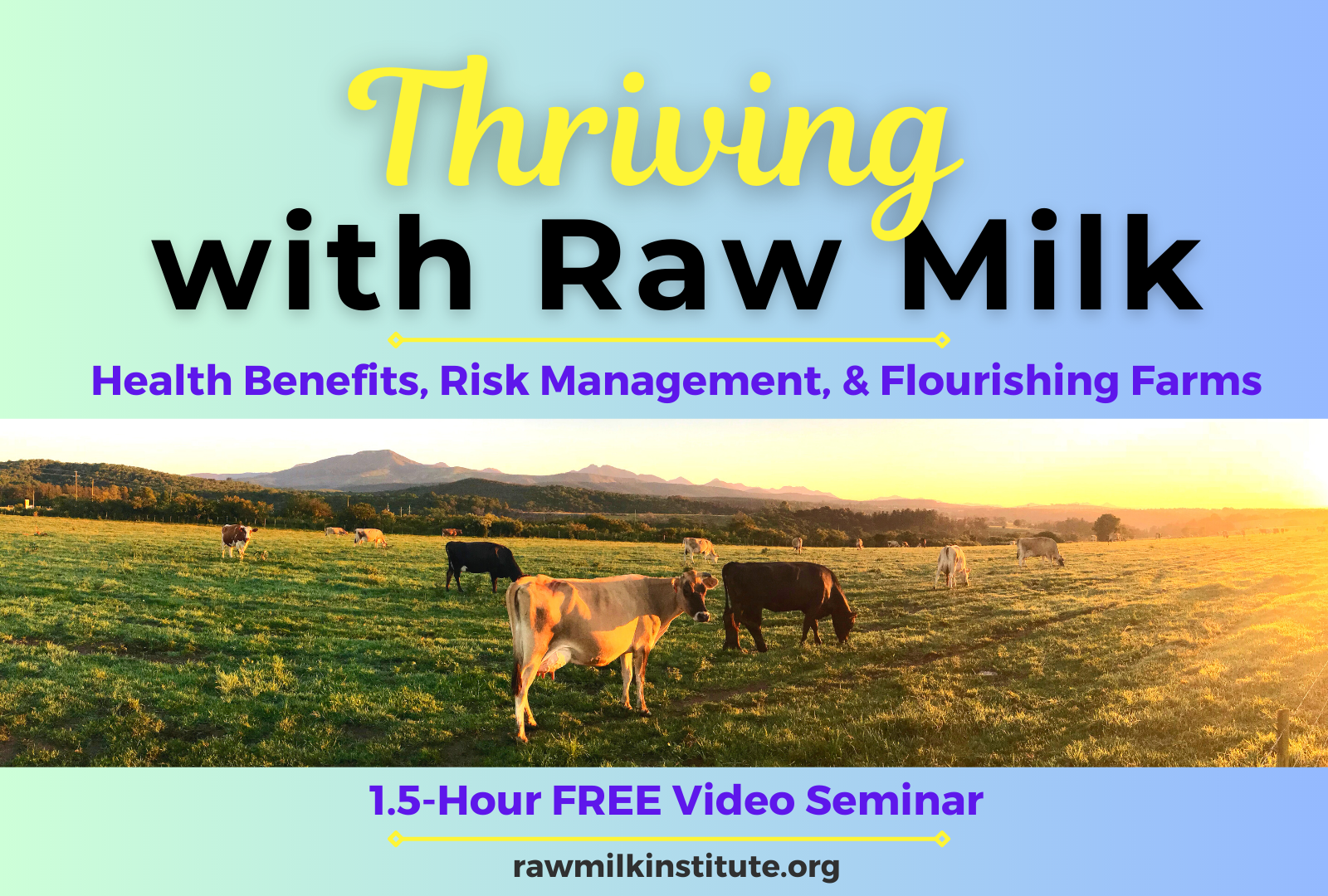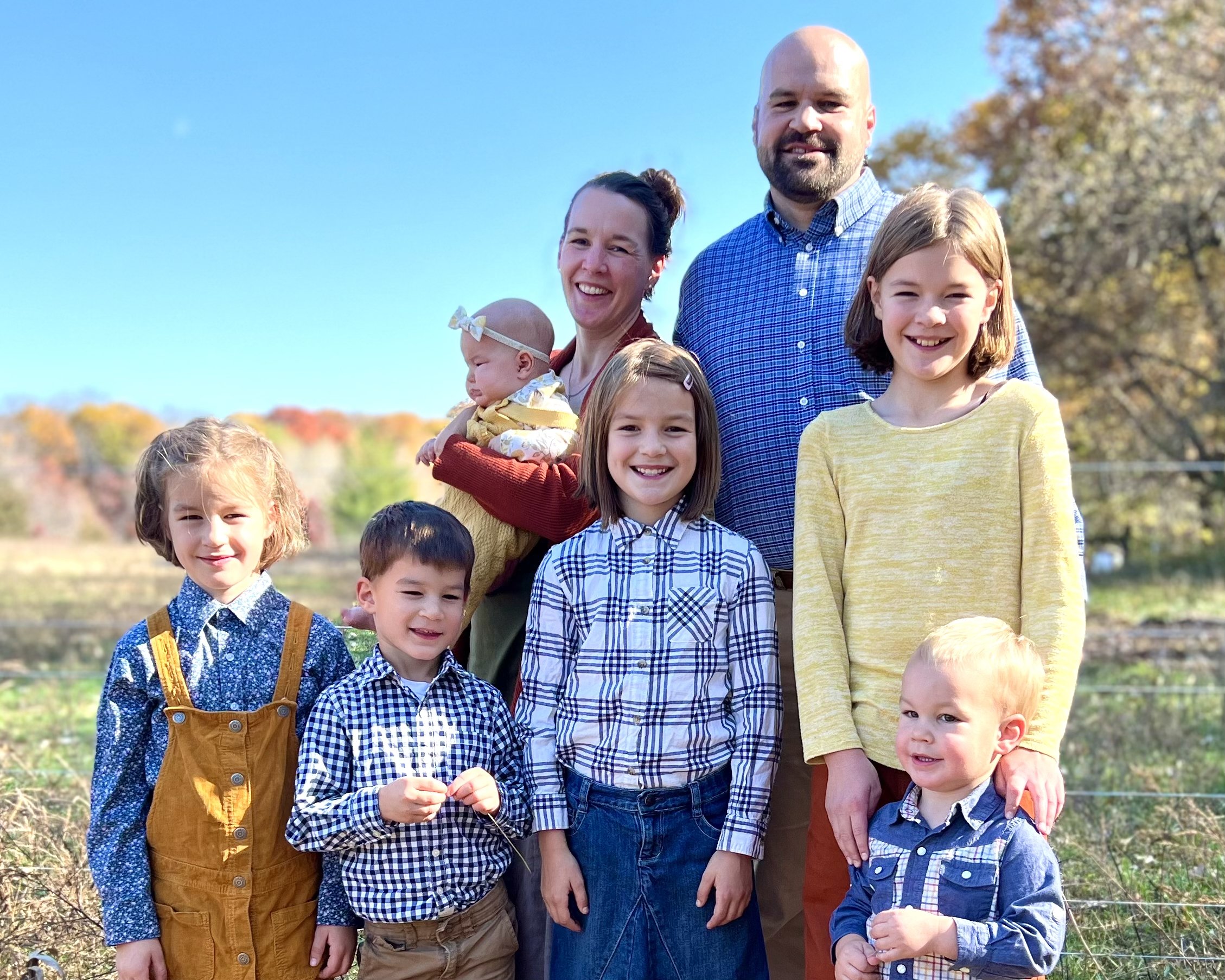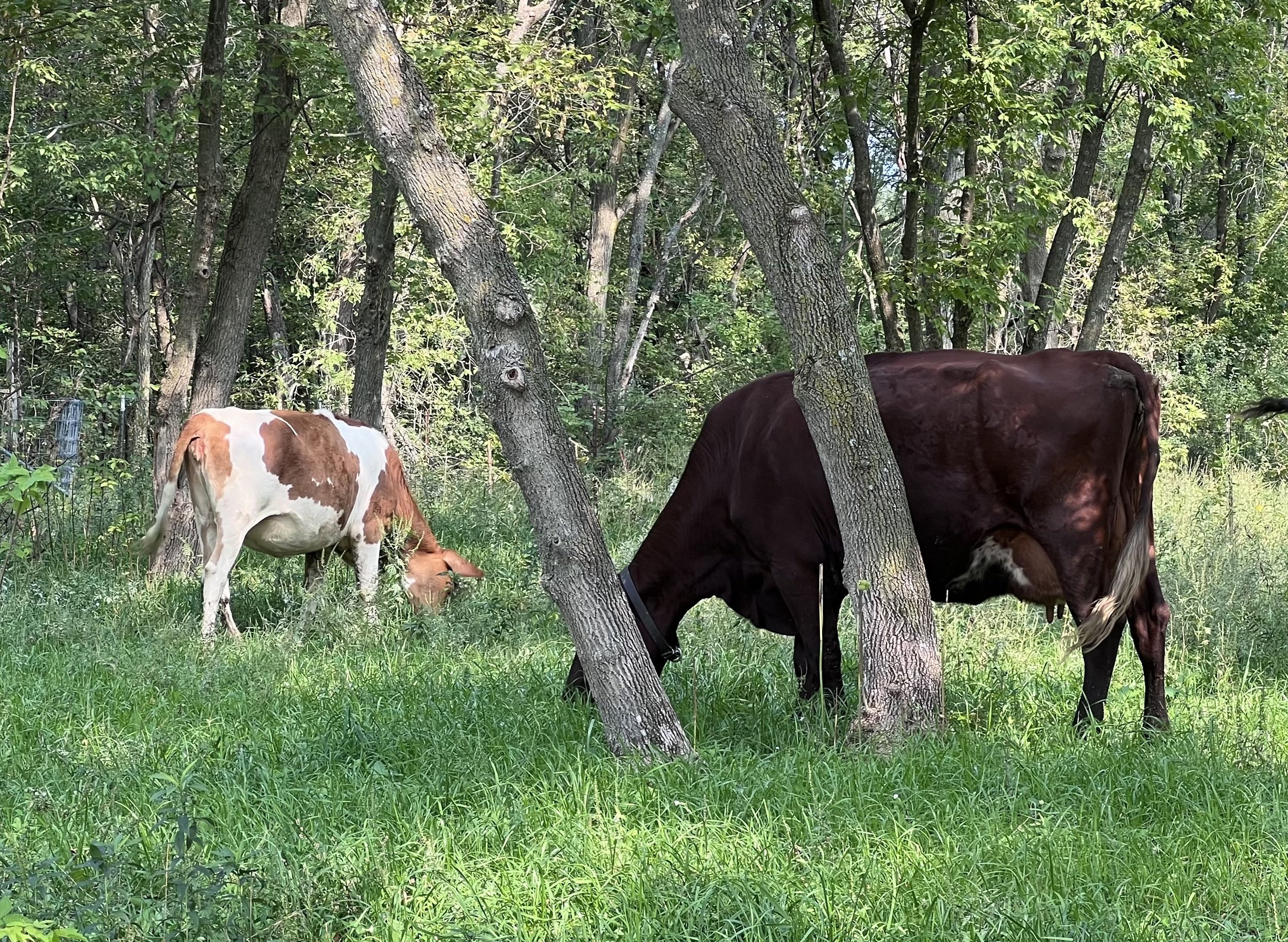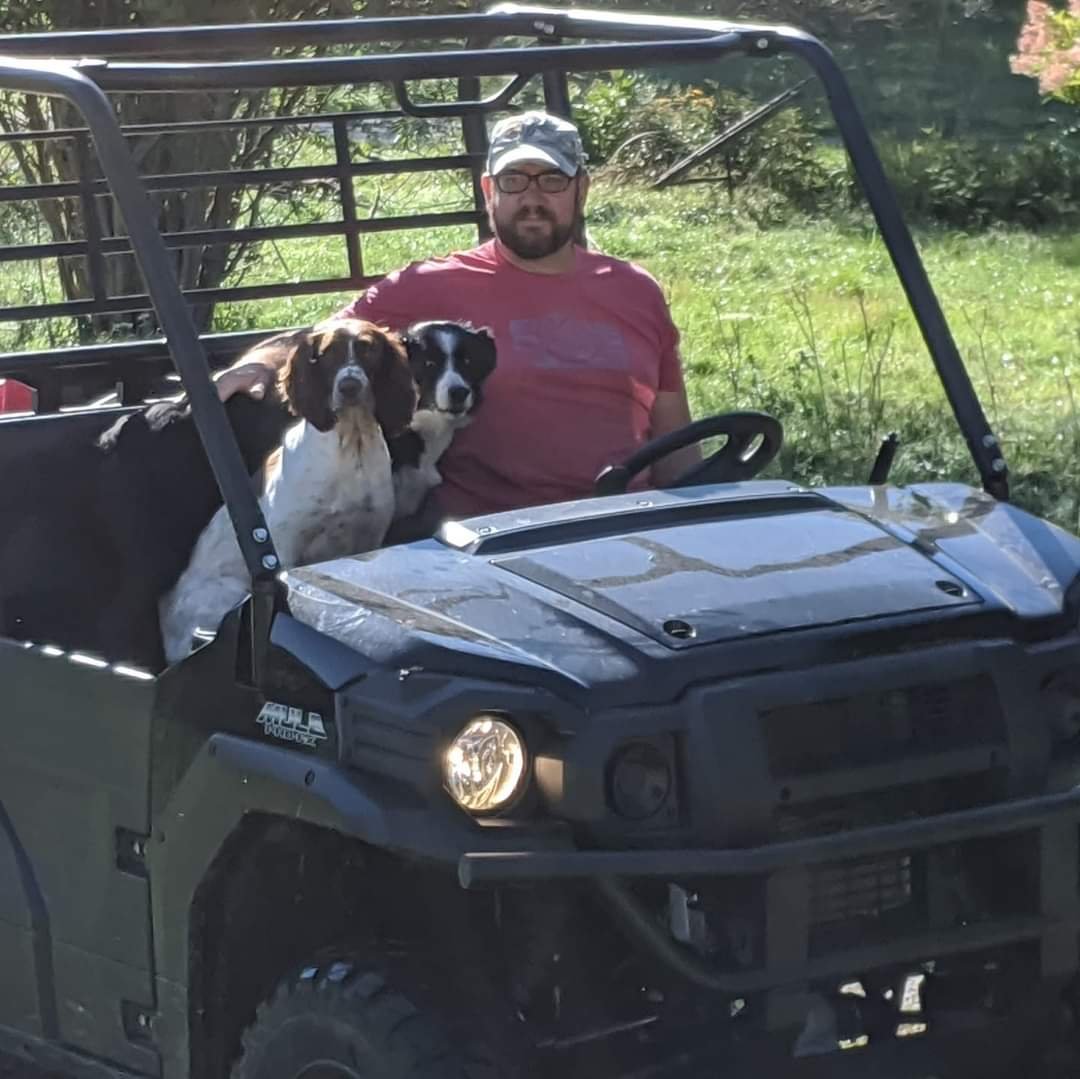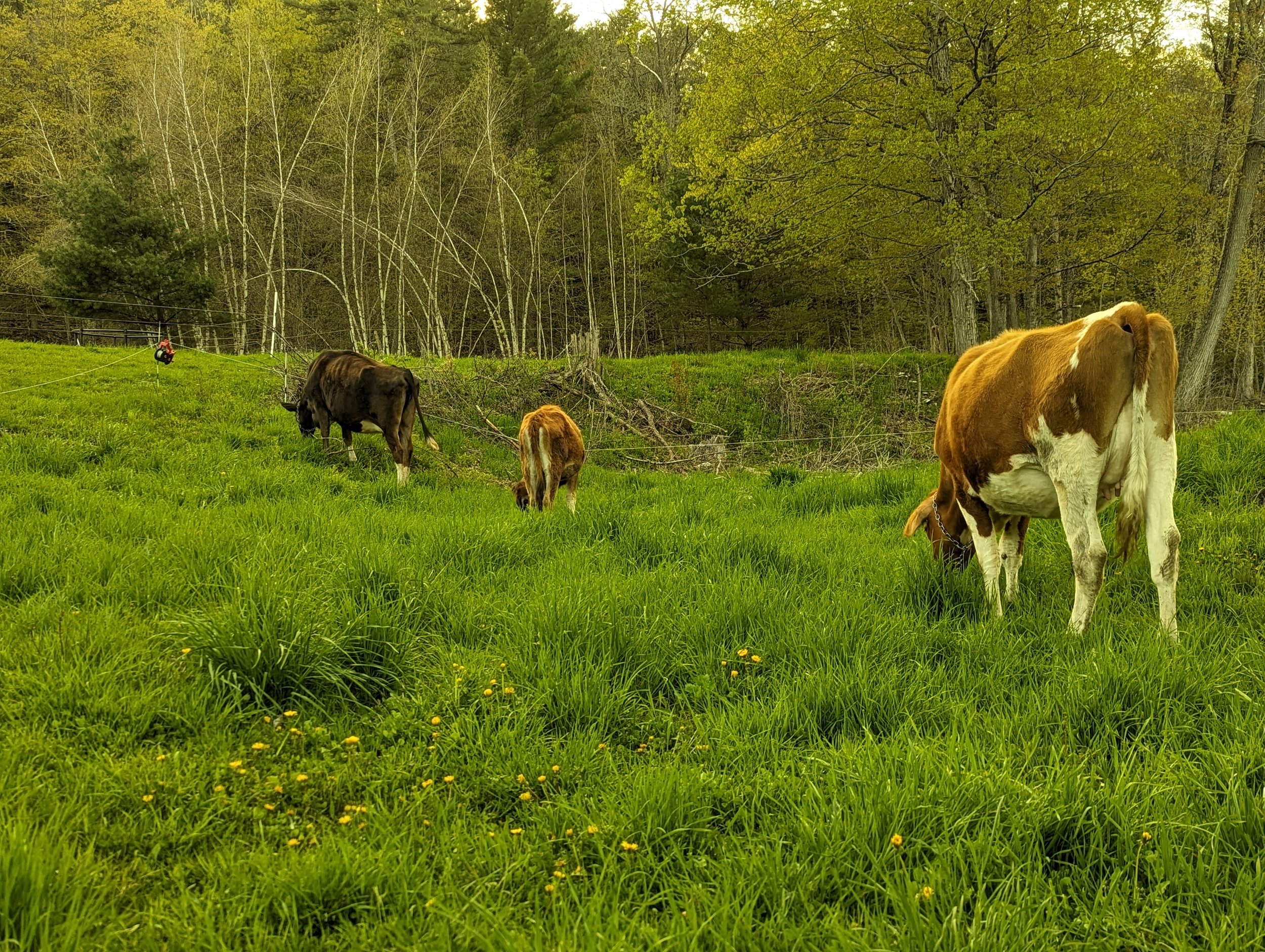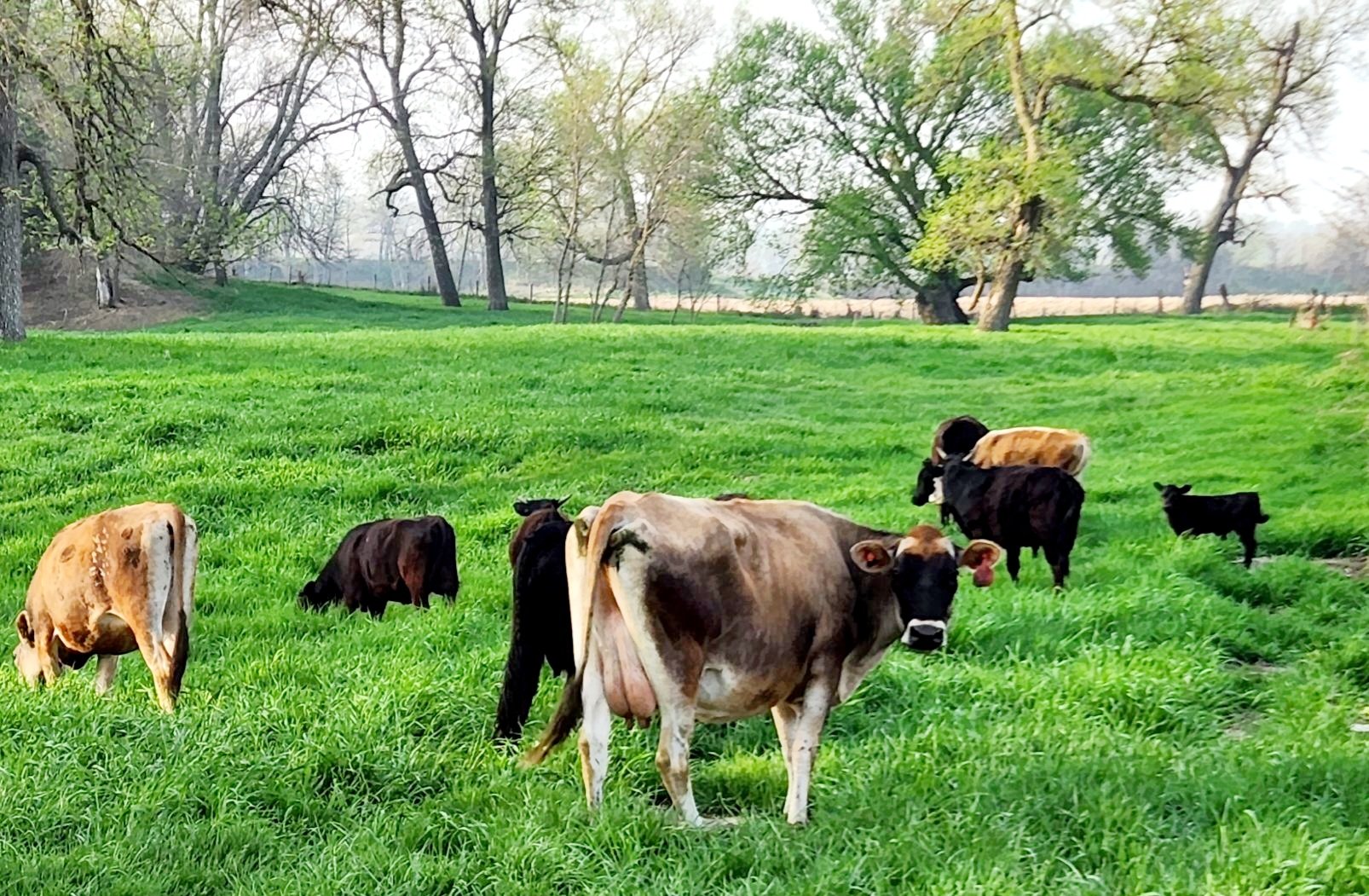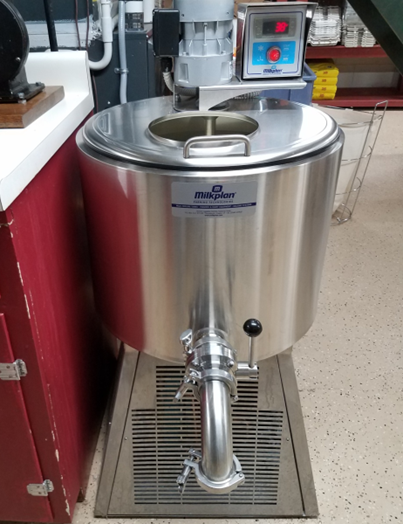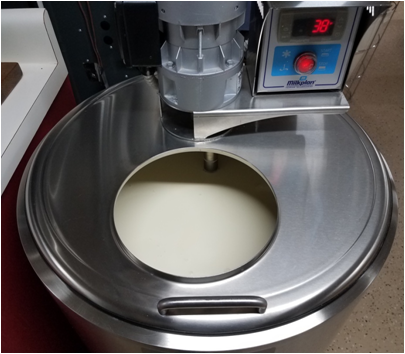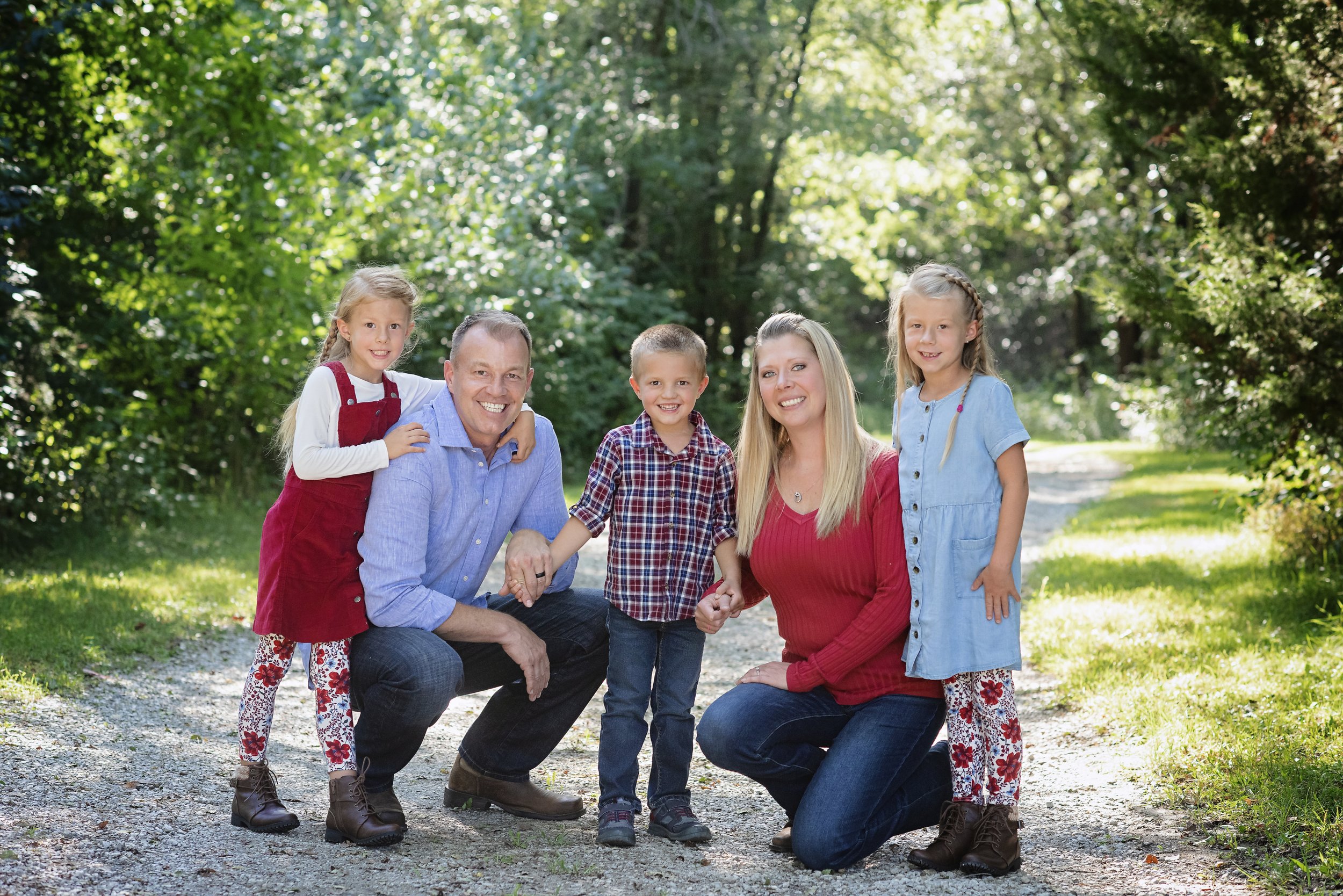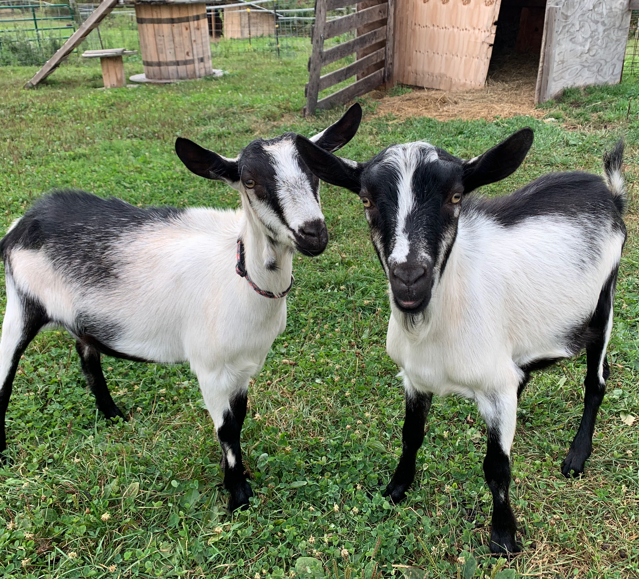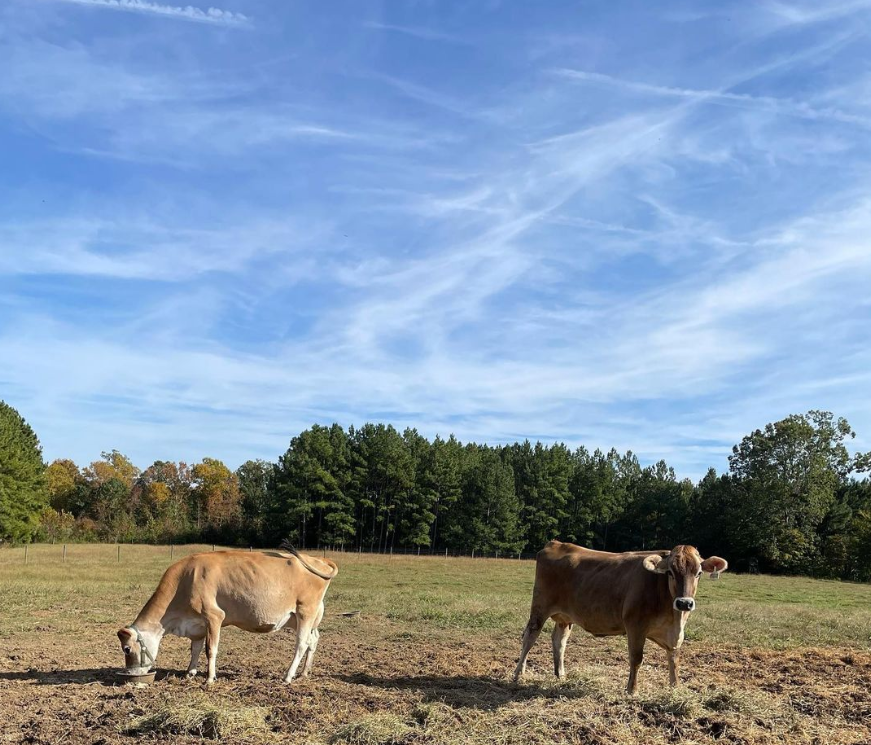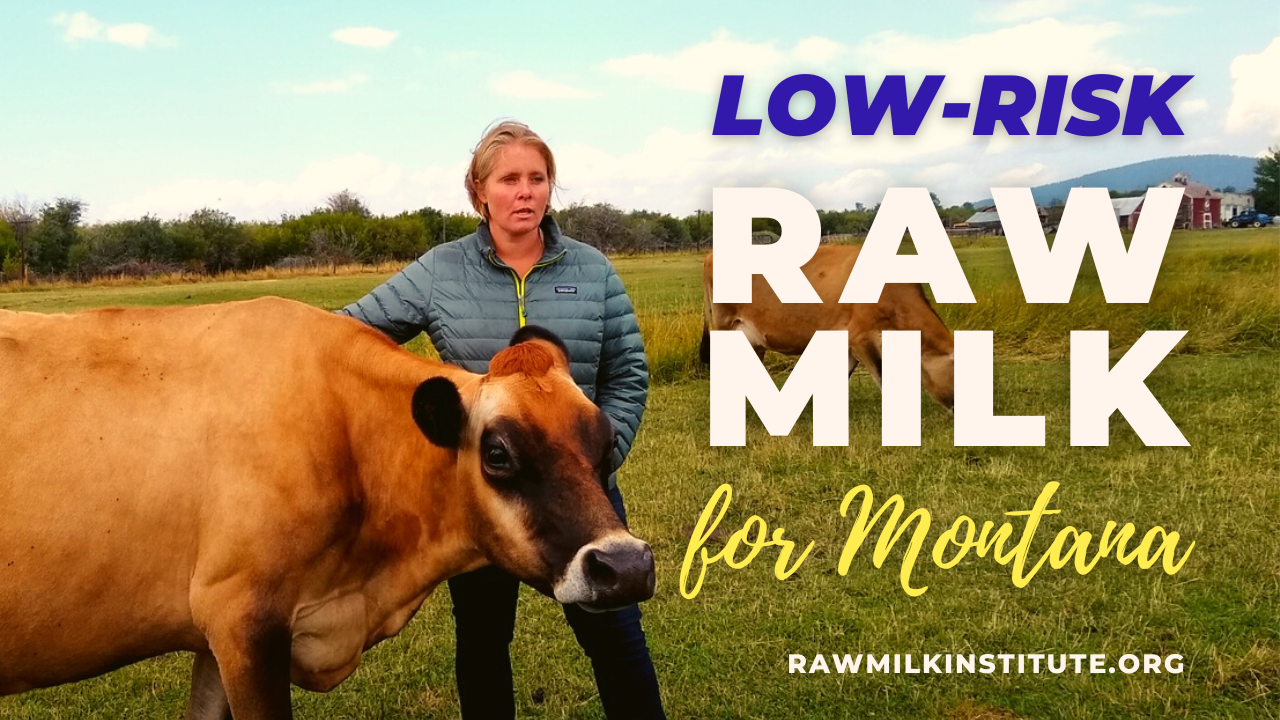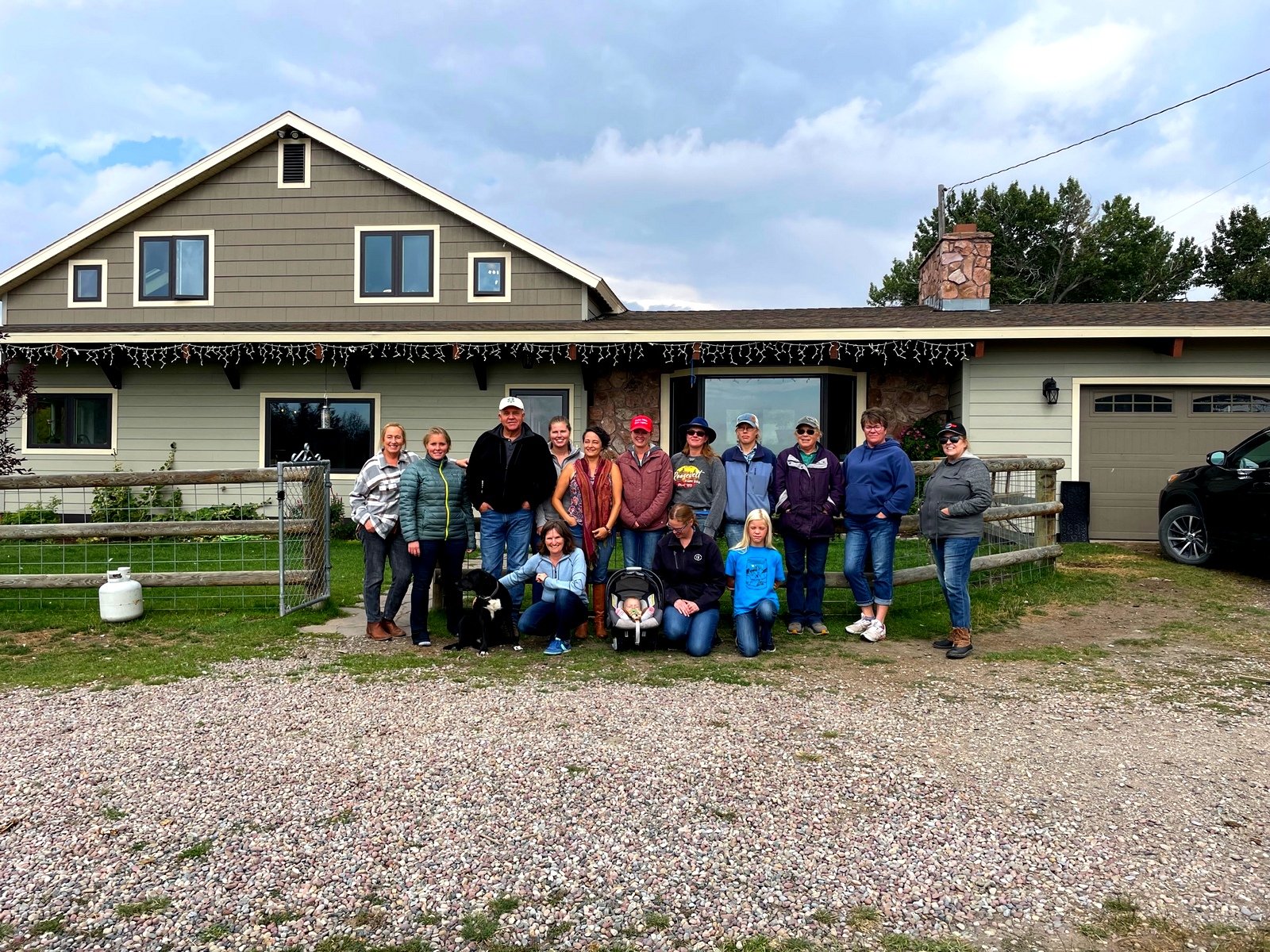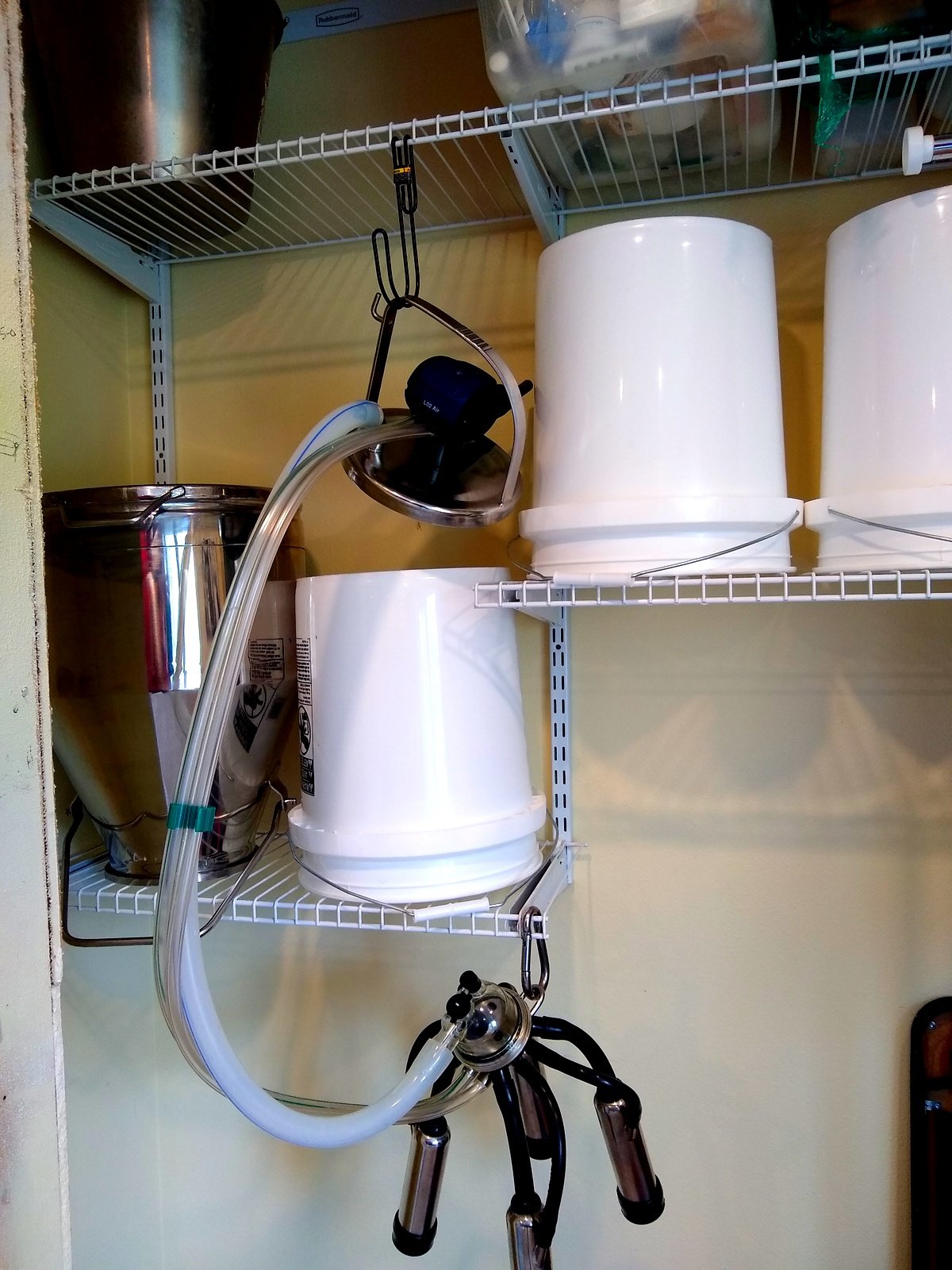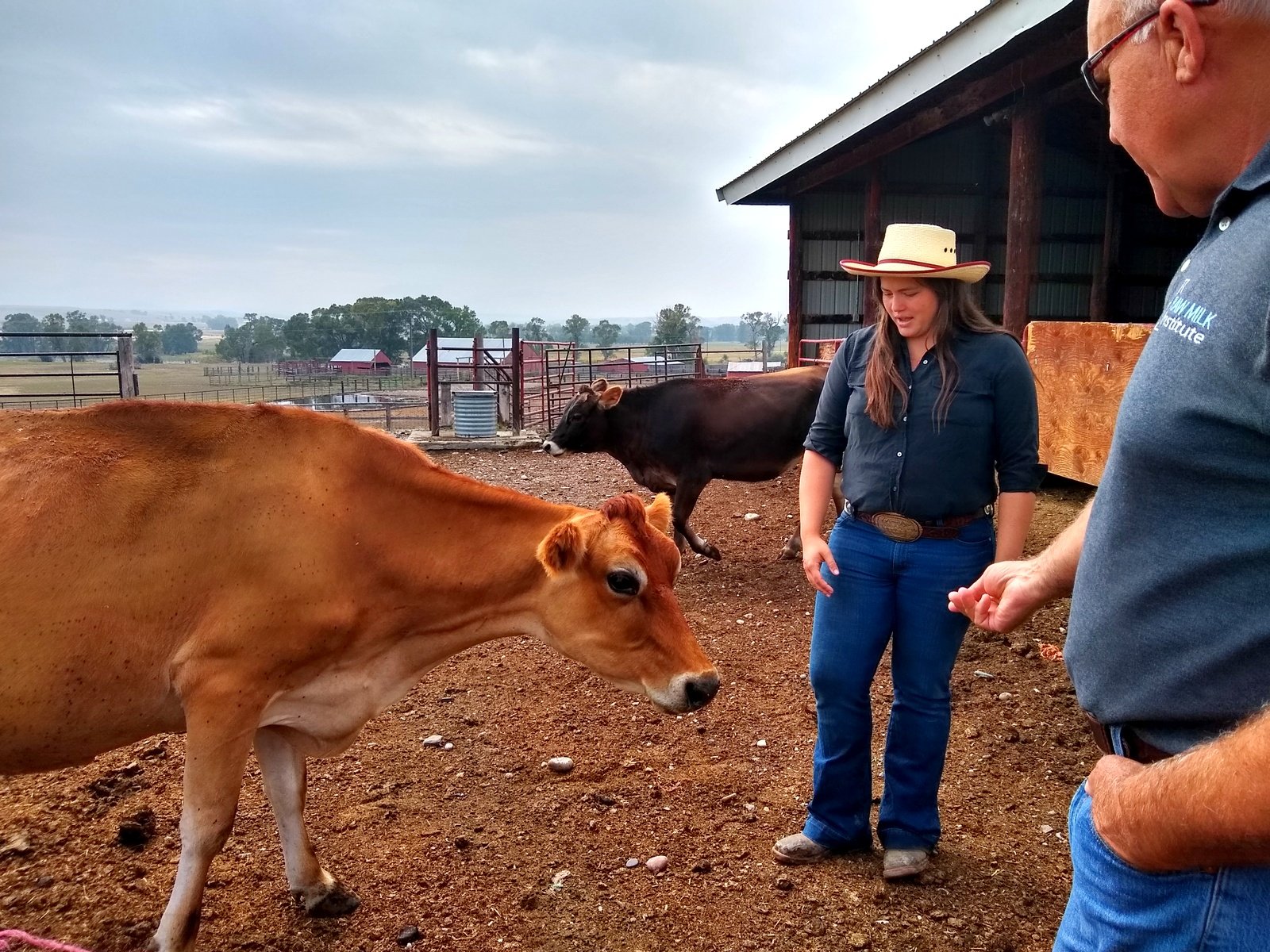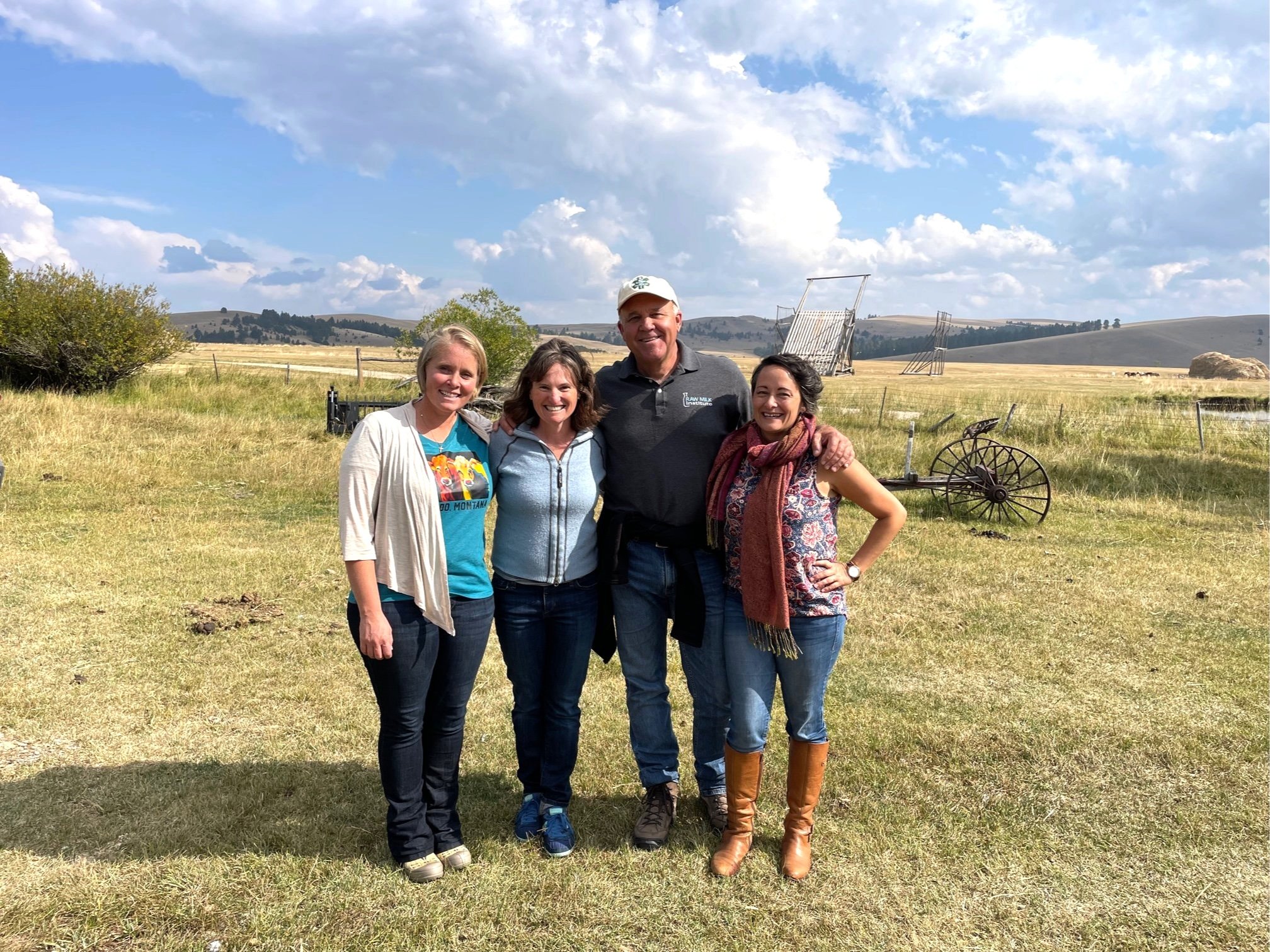On Saturday September 23rd in Mount Pleasant, TX, the Raw Milk Institute (RAWMI) will be presenting a full day workshop on Producing World Class Raw Milk.
Whereas farmers producing milk for the pasteurized market often struggle to make ends meet, raw milk farms are thriving. Raw milk presents a unique opportunity for farmers to move into an expanding market by implementing intentional practices and higher standards to produce low-risk, delicious raw milk.
Raw milk is an exceptional farmstead product that brings all the added value back to the farmer with an incentive to work on quality. By selling directly to consumers, raw milk farmers are able to obtain greater financial rewards for their work, while consumers benefit from the improved flavor and nutrition. It’s a win-win for both farmers and consumers!
About the Training
This training workshop will be presented by the Raw Milk Institute (RAWMI) in conjunction with Northeast Texas Community College (NTCC). This class will be from 8am-4pm Central Time, and it will count for Continuing Education (CE) credit, too!
This RAWMI presentation will focus on:
History of raw milk
Why raw milk farms are thriving
Health benefits of raw milk
Benefits of selling raw milk
Safety and risks of raw milk
Grass-to-glass raw milk risk management
Raw milk testing
Building a successful raw milk market
We'll spend the morning and early afternoon at the NTCC Agriculture Center at 2886 FM 1735, Mount Pleasant, TX. Then we’ll head over to a raw milk dairy on campus for a hands-on experience.
How to Register
The registration fee is just $25, which will include the full day of training plus a boxed lunch!
You can register here: https://dynamicforms.ngwebsolutions.com/Submit/Start/6250b435-49b6-49a6-b6d9-f200b00c9eb3?SSO=N




